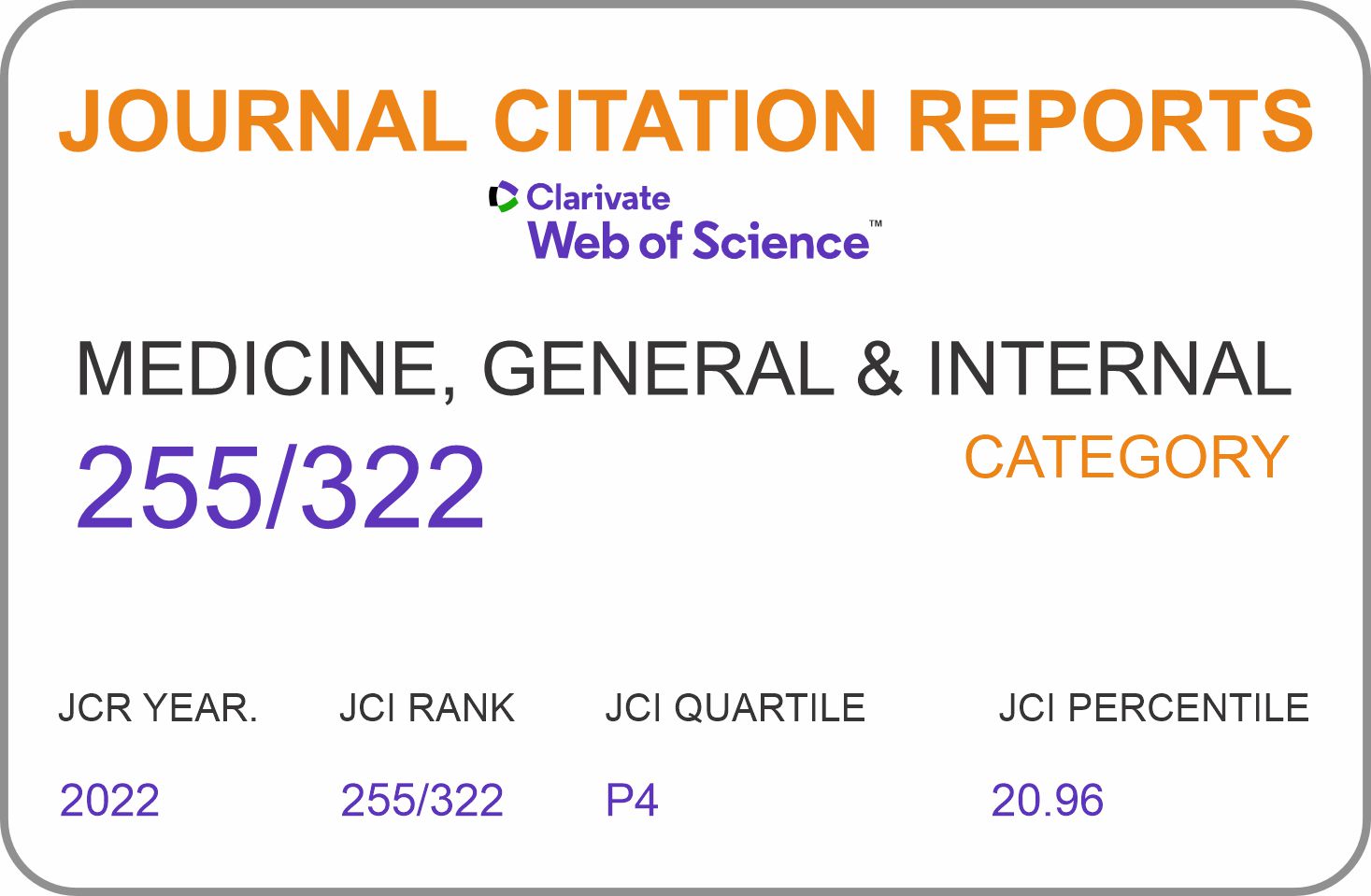Factors associated with rectal colonization by extended-spectrum beta-lactamase-producing Enterobacteriaceae in outpatients in a hospital in northern Peru
DOI:
https://doi.org/10.35434/rcmhnaaa.2022.151.965Keywords:
Factores de riesgo, Portador Sano, Beta-lactamasas, Enterobacteriaceae, Población, PerúAbstract
Background: Extended-spectrum beta-lactamase-producing Enterobacteriaceae (EP-BLEE) are present in the feces of individuals in the community. In Peru, self-medication, type of diet and sanitary conditions could be associated with this colonization. Objective: to determine the frequency of rectal colonization by EP-BLEE in outpatients of the “Hospital Regional Lambayeque”, as well as the factors associated with it, during the months of July 2018 to February 2019. Material and methods: 331 participating patients were interviewed, and three serial samples of freshly emitted stool were obtained from them. The samples were cultured on McConkey agar. EP-BLEE were confirmed with the combined disc test (American method). Results: 85.8% of patients were colonized by EP-BLEE, and Escherichia coli was the most frequent isolate (87.7%). Bivariate analysis associated the consumption of pork (RP=1.15, 95% CI: 1.07 - 1.24), goat (RP=1.18, 95% CI: 1.10 - 1.25) and frequent consumption of salads (RP=1.15, 95% CI: 1.05 - 1.28) with a higher probability of being a rectal carrier of EP-BLEE. Self-medication presented values close to the limit of validity (p=0.051, RP 1.12, 95% CI 0.98 - 1.26). Conclusions: Consuming pork, goat meat and salads increase the probability of being a carrier of EP-BLEE, while self-medication could be associated, so further research is needed, since the reasons for this finding are unknown.
Downloads
Metrics
Downloads
Published
How to Cite
License
Copyright (c) 2022 Sergio Luis Aguilar-Martinez, Danny Omar Suclupe-Campos, Génesis Masiel Guevara-Vásquez, Virgilio E Failoc-Rojas, Franklin Rómulo Aguilar-Gamboa

This work is licensed under a Creative Commons Attribution 4.0 International License.

















